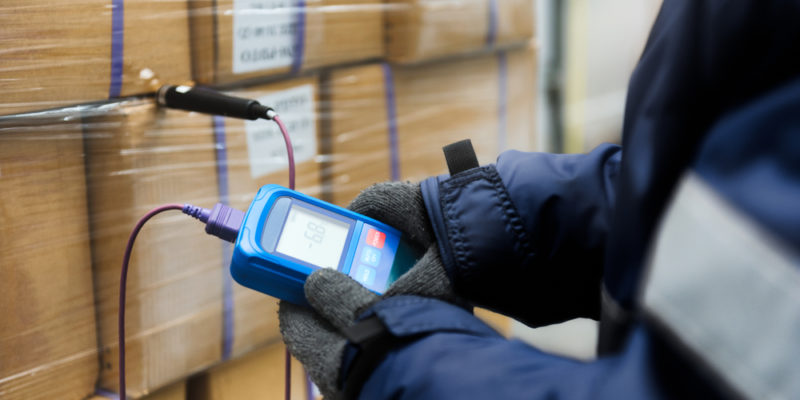Best Practices in Refrigerated Transport in Australia
For anyone working with perishable goods, it is important that best practices are followed to ensure that they maintain their quality and avoid spoilage.
For the transport industry, couriering temperature sensitive products often means long distances and in bulk. In this context, following procedures and following practice is essential in ensuring the freshness of these goods.
In Australia, this is particularly important as the majority of these products don’t fare well in the heat.
Refrigerated transport is a key role in the food industry and best practices are essential to adhere to:
Pre-Cooling Trailers
It does not make sense to load items that require a colder setting into a warm trailer. This would result in a transfer of thermal energy from the products to the trailer, prematurely beginning the thawing process.
Instead, it is best practice to pre-cool the trailer before the products are loaded in to avoid compromising food safety.
Fast and Smart Loading
Proper loading of the cargo is crucial when it comes to temperature-sensitive goods.
It is important that the products be loaded in a way that is best for preservation of the cargo. For example, in multi-temperature zone loads, load frozen products first, followed by cold goods and finally dry items at the back.
Image: afccc.org.au
It is also essential that the loading and unloading process is efficient. If it takes longer to load the trucks it is more likely that the food’s quality will be compromised.
Additionally, the refrigeration systems in the truck will have to work harder to keep the space cool and remove heat coming in from the outside.
Facilitate Traceability Through Records
With perishable items, there is little room for error.
There is always the possibility that something will go wrong and the products are at risk of being compromised when you work in refrigerated transport. Regardless of whether this is from human error or technological failure, it is important that there is transparency and traceability.
This is why diligent record keeping is a must in this industry. The ability to track and trace where the food has been and at what temperature is incredibly important to ensure its quality and needs to be adhered to.
It Is Best Practice to Streamline The Process
The more delays in the cold chain process, the higher the chance of food contamination.
It is important to streamline the refrigerated transport process, particularly when the products need to be transported out of refrigerated storage. Reducing turnaround times ultimately increases food safety, with the added bonus of quick delivery times.
For more information, read our blog on How Streamlining Systems Protects Food Transportation.
At Cannon Logistics, we understand the importance of best practices in the refrigerated transport industry and are diligent about our adherence. If you have sensitive products that you need delivered, we are the refrigerated transport experts that you can trust.
Contact the team today to enquire about our services!
